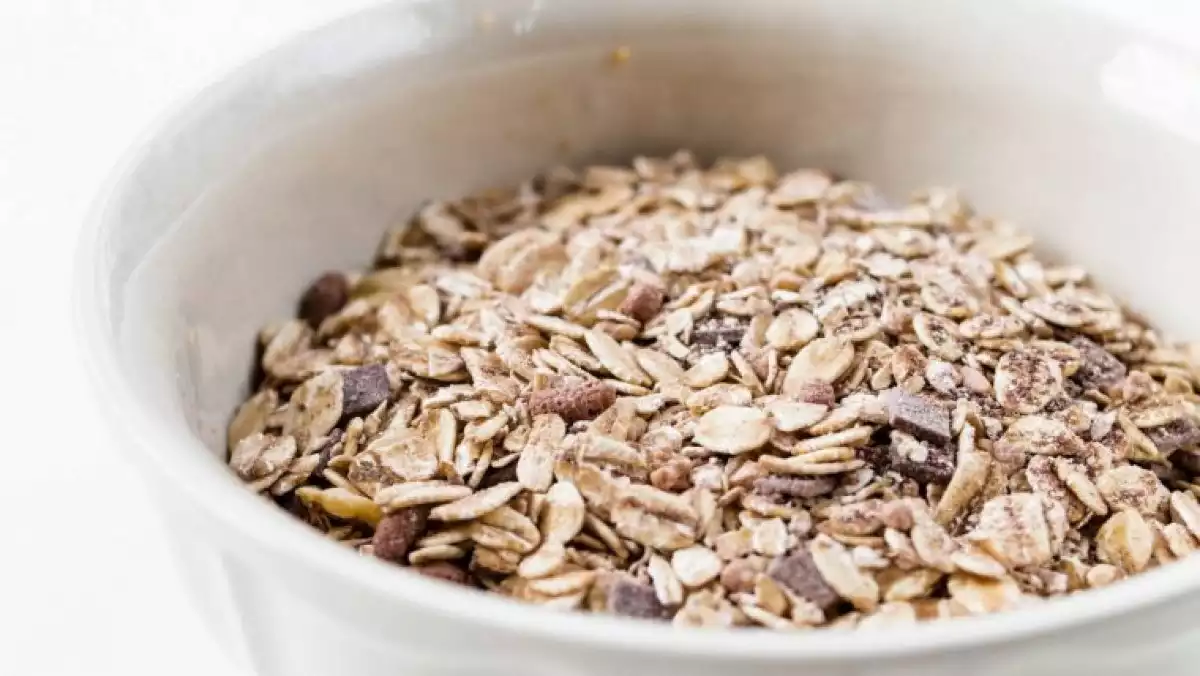
Modern health standards that now emphasize the importance of a balanced diet as much or even more than doing exercise, are reviving types of food that have been forgotten. One example of this is eating oats, which in the past was attributed to special weight loss diets.
While oats are suitable for human consumption as oatmeal and rolled oats, one of the most common uses is as livestock feed. We will focus on the definition of oats, and five of the most critical applications and health benefits of eating oats.
What are oats?
The oat, scientifically known as Avena sativa, is a species of cereal grain that has been traditionally used to feed livestock but in the last few years, its popularity has grown. Being rich in nutrients, such as dietary fiber, and having the ability to lower cholesterol means that we now consume this cereal more.
Its notoriety as a healthy food has given way to different styles of producing the oats such as overnight oats, quaker oats, steel cut oats, and rolled oats which are used in a variety of baked goods, such as oatcakes, oatmeal cookies, and oat bread.
Despite the many health benefits of oats, proteins present in the cereal called avenins can trigger celiac disease in a small proportion of people. Also, oat products are frequently contaminated by other gluten-containing oats, mainly wheat and barley, which is why people with this condition should be careful when eating oats.
Oats are usually considered a secondary crop, it derived from a weed of the primary cereal domesticates, then spread westward into cooler, wetter areas favorable for oats, eventually leading to their domestication in regions of the Middle East and Europe.

Nutrition facts
As mentioned earlier, the reason why oats and products made with oatmeal have become so popular these past few years is the whopping amount of nutrients that it contains.
According to nutritionists, the recommended daily intake of oats varies between 25 gr for women and 3 grams for men.
One of the primary health benefits of oats is the high contents of dietary fiber (beta-glucan) it has - 9,5 gr per 100gr of oats. This type of fiber stands out due to its ability to reduce LDL cholesterol levels, also known as "bad" cholesterol.
Regarding minerals, vitamins, and antioxidants, 100 grams of oats contain the following:
51% of the daily dose of thiamin
6% vitamin B6
26% iron
52% phosphorus
12% potassium
8% riboflavin
5% niacin (vitamin B3)
44% magnesium
14% folate
13% pantothenic acid (vitamin B5)
26% zinc
31% copper
246% manganese
Finally, if we consider the caloric intake - 371 calories per 100 grams, it's easy to understand why eating oats is such an excellent choice for breakfast. It gives us the necessary boost of energy to start our day and keep active throughout.
5 health benefits of eating oats
Due to the plethora of minerals, vitamins, and antioxidants present in this cereal, oats are incredibly beneficial for our health. A few of the health benefits of eating oats include lowering cholesterol, reducing the risk of coronary and arterial disease and reducing the chances of colon cancer.
1. Reduced risk of coronary and arterial disease
According to different studies, consuming fiber-rich foods such as oats, oatmeal flakes, oat bran, and whole grain oat flour can reduce the risk of developing coronary and arterial diseases.
More specifically, oats based products significantly help reduce the amount of cholesterol and lipoproteins in the blood - which in turn means a lower chance of having coronary problems.
2. Controls blood pressure
Other studies related to preventing blood pressure issues have concluded that a diet rich in whole grain cereal like oats is almost as effective as hypertension medicine.
The same studies suggest that ingesting three portions of oats daily could significantly reduce the risk of heart failure in middle-aged people, due to its ability to reduce a person's cholesterol and, in turn, their risk of cardiovascular disease.

3. Regulates digestion and weight loss
Another vital health benefit of oats and one that has made this cereal extremely popular among dieticians is the fact that it increases satiety and reduces hunger.
Moreover, considering that oats are rich in dietary fiber, they help regulate digestion and reduce constipation.
4. Rich in antioxidants
The avenanthramides and polyphenols found in oats are antioxidants that increase the levels of nitric oxide which facilitates artery dilatation and lowers the blood pressure.
A topic solution of oats mixed with water or oat water is an extremely effective anti-inflammatory remedy that alleviates itching and damaged skin.
5. Reduced risk of colon cancer
Researchers from Dutch and British centers have attempted to analyse the connection between a fiber-rich diet and reducing the risk of colon cancer.
The results suggested that for every 10 grams of fiber added to our diet we reduce the risk of developing colorectal cancer by 10%.
References:
Clemens, R. & van Klinken, B. J. W. (2014). Oats, more than just a whole grain: An introduction. British Journal of Nutrition, 112(2), 1-3.
Andon, M. B. & Anderson, J. W. (2008). State of the art reviews: The oatmeal-cholesterol connection: 10 years later. American Journal of Lifestyle Medicine, 2(1): 51-57.
